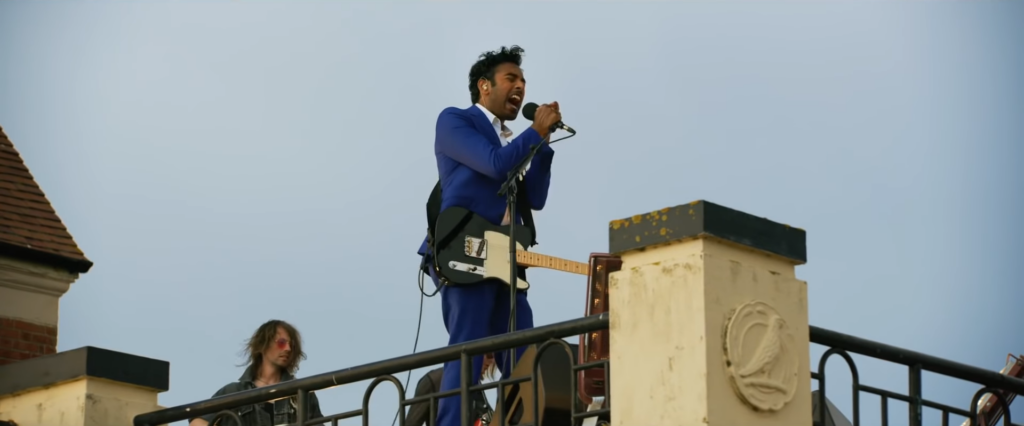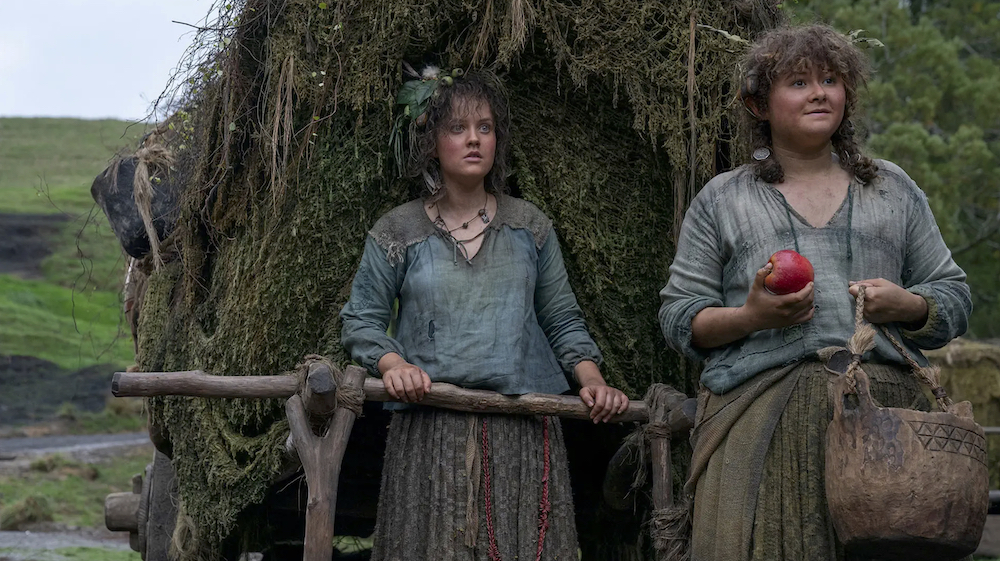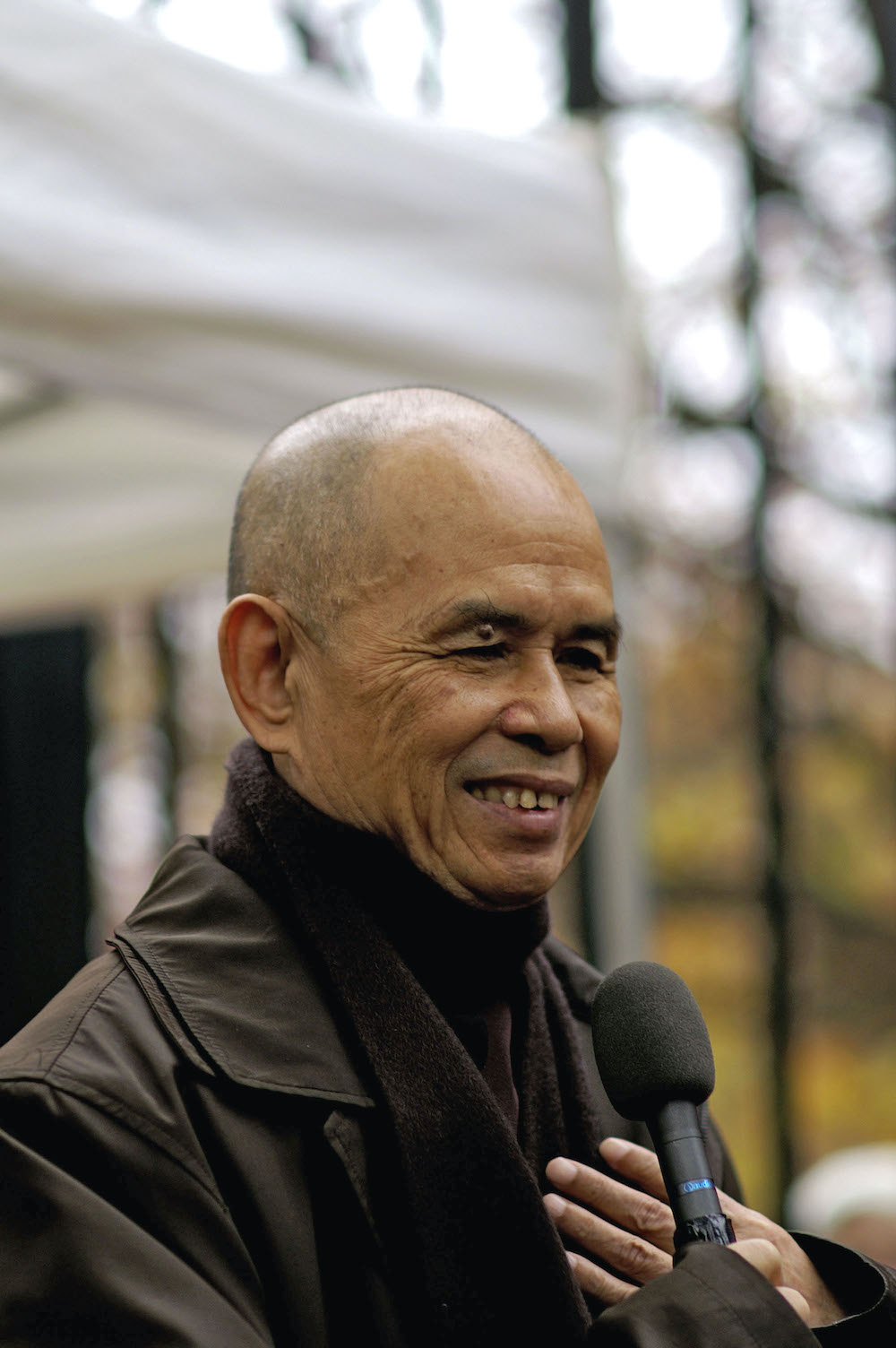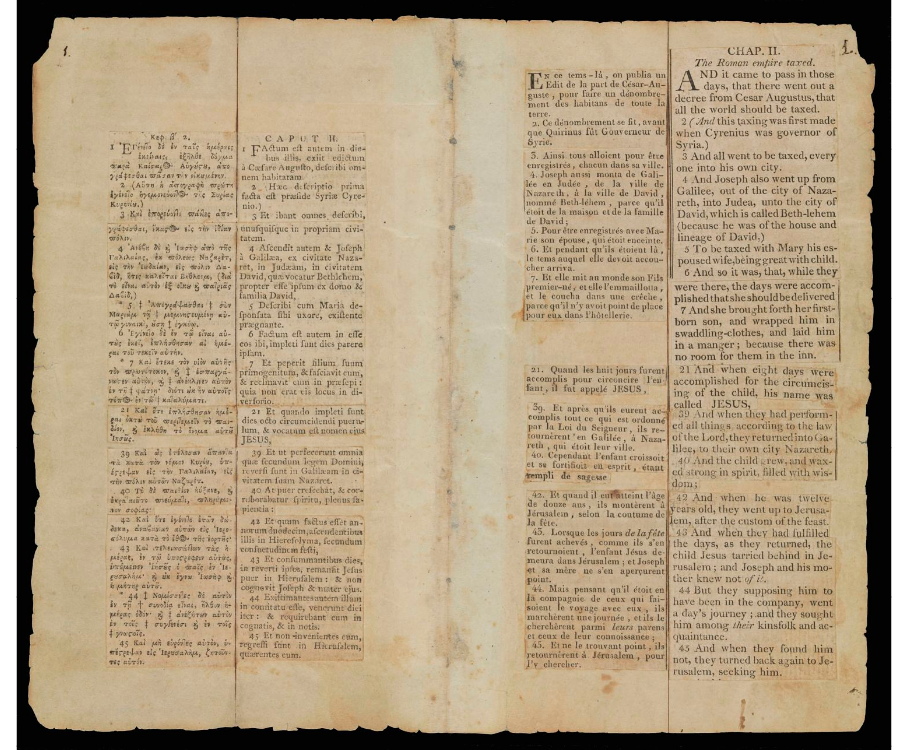The connection between processes linked to memory and memorial are uniquely demonstrated in the film Yesterday, and the elements of remembrance and storytelling it illustrates might help in considering practices related to loss.
I’ve been thinking a lot about memorizing and memorializing for the past several weeks – how intimately connected, mutually sustaining, and intentional those processes are, and how it’s difficult to avoid their conflation because of that. The most critical part of these processes, however, often pertains to the choices we make about what to remember and what to recall.
One of my favorite films that directly engages with memory and memorial is Yesterday (2019) – and not just because I grew up on The Beatles and have adored their music and legacy since I first heard my father’s LPs singing words of wisdom to me. In terms of the processes surrounding remembrance and preservation, orality and writing, and selectivity and creative repurposing, it’s simply a beautiful, nostalgic masterpiece.
Yesterday revolves around an alternative reality wherein The Beatles suddenly never existed, and the main character, a struggling musician named Jack Malik, is somehow able to remember them when no one else can. He spends a brief, wildly successful musical career reproducing (for him) their songs for the very first time (for everyone else), but one of his main struggles is the difficulty he finds in remembering the exact lyrics and arrangements for some of the songs. There’s also a subtle connection here to remarks Paul McCartney has made in the past about the way him and John Lennon approached their compositions, since neither one of them could read or write music.
According to Paul, when writing songs, him and John only wrote down lyrics and chords. In The Beatles Anthology (2000), he elaborates: “We would have to remember the melodies, with indications of the ‘oh’s that would be the back-up vocals. I had no way of writing them down. There were no cassettes and you could hardly go to the expense of getting hold of a Grundig tape-recorder…The whole deal was to remember the songs we’d written. John and I had an unwritten law, which was that if we couldn’t remember them, then how could we expect people who hadn’t written them to remember them?” (p. 23).
There’s perhaps a startling realization here for any major Beatles fan as well (or any other favorite musical group): how many of their songs can you remember in their entirety – lyrics and arrangements – without listening to them play at the same time? Being forced to only draw on what he remembers, in order to both keep The Beatles’ legacy alive and give everyone else the opportunity to hear their songs, Jack certainly shows us that it’s not as easy as we might think at first (and even he needs to write them down after finally remembering!).
Paul’s remarks actually also align quite well with a famous exchange in Plato’s Phaedrus – specifically in terms of speech and writing, and how the latter, while being an invention that might benefit humans and make them wiser, might instead simply make them only appear to be wise through a dependence upon the written word; memorization of what is written down doesn’t exactly correlate to critical and deeply reflective engagements of concepts and ideas, the argument goes. And the issues pertaining to orality and writing, of course, find historic relevance in countless cultural (especially religious!) traditions that attempt to connect their lineages in unbroken chains to source material and foundational contexts.
One of the things I really love about Yesterday is that it pushes engaged viewers to consider the ways remembrance and immortalizing relate to selectivity and the underlying processes of emphasis and de-emphasis – of highlighting and downplaying, inclusion and omission – that form much of the foundation for sampling in remix.
I’ll be revisiting Yesterday this coming summer at the Popular Culture Association National Conference – specifically in terms of how memorizing and memorializing relate to iteration and versioning – but I briefly bring it up here because of how the film and upcoming presentation have also intersected with recent events in my life pertaining to memory and memorial.
And, in particular, death.
My youngest brother loved listening to The Beatles as well. Loved, not loves. He was killed four weeks ago. Loss is always a difficult reminder that our lives can change in a single moment – in a 12-second global blackout, a tragic struggle, or a chance meeting, among so many other possible scenarios.
But one of the things that reflecting on our processes of remembrance and preservation has taught me is that those who leave us don’t actually leave. I’ve never been a fan of euphemism in serious contexts. My brother didn’t “pass away,” nor is he “gone.” He’s very much still here, in that he’s remembered, I remember him, and his memory has been selectively preserved in a particular way. And the way we pull from the memories we have of others and their impact over time affects the ways in which we memorialize them as well – loved ones and musical pioneers alike.
My brother wasn’t a storyteller, but he certainly generated stories in ways I don’t think many of us do. That’s how most people remember him now as well: through the stories he’s left them, through the ways he impacted their lives. Their memories of him are shaped by that. And the truth is, it’s not always just the more pleasant ones that stick with us. As Jack also struggles with throughout Yesterday, sometimes it’s the very fact that we do remember – and more specifically, what we remember – that gives us so much angst as well.
In recent years, I often only remembered how horrible things were for my brother as he spent his life navigating the best he could with the challenges and disabilities that characterized it. I have vivid memories of a dark time, hearing him scream, “I don’t want to be inside my skin anymore.” Pain, like joy, can’t avoid expression. And it’s as equally memorable – often more so.
But in the moments between his suffering, his life was only filled with joy, which I recall in equally vivid memories of him smiling and dancing, laughing and singing, getting uncontrollably excited, and at peace. And I’ve realized that it’s up to me to decide which memories represent him more, because memorializing lives and pieces of them doesn’t just pertain to making choices about what to remember. It’s also about what we choose to forget.
When I think about the impact he’s had on my life – the way I’ve come to view the world, recognizing beauty in difference, developing compassion and empathy – I realize that he put much of that into motion. And I guess somewhere in my life I forgot about that. Instead of feeling grateful, I suppose some sort of selfishness or guilt kept me from appreciating it – that my perspectives and values could be accepted at the expense of someone else’s misery.
But many people spend their entire lives trying to make some sort of meaningful impact on others, sacrificing and suffering with the hope that they can bring comfort and joy to those who matter most to them. And that’s been a really helpful way for me to remember his life. He didn’t try to have that sort of impact on my life or the lives of others, and I think his selflessness in that regard relieves that sense of selfishness in appreciating what his life has meant for me.
There’s a particular scene in Yesterday when Jack is performing “Help!” on a rooftop (you’ve just got to love such allusions throughout the film – what the writers chose to emphasize in their story) that I always thought was so powerful and illustrative of the inner turmoil he was feeling at that moment amid his remembrance. But having just watched it again recently, I was reminded of a vulnerability that is okay to feel in moments of pain and suffering – when you need help from those around you because you can’t get through certain experiences alone. At the end of the song, after the music stops, Jack yells “help me!” in finality as his up-tempo, emotive rendition of the classic tune comes to a haunting conclusion. It’s less of a melodic lyrical refrain and more of a pleading scream for release from the struggle he’s enduring on his own.
And it’s incredibly painful. But as beautiful as it is melancholic.

In the end, Jack chooses to let the memory of The Beatles shape the life he’s chosen to live instead of having his life become a memorialized instance of fame and shallow fortune. He focuses on the joy those Fab Four brought to a post-war culture struggling to find meaning and a lasting sense of love and happiness onto which it might hold. And the truth is, we all have the same sort of choice – every day.
Music has this alluring power to trigger certain memories – to transplant us back to certain moments. This is the goal of the stories we create and share as well: mashing together multiplicity into singularity. The principles of recyclability and selectivity that guide remix theory push for the recognition that everything in culture is creatively dialogic and repurposeful. We sample, we choose; we emphasize, we highlight; we’re inspired by, we’re influenced by – out of a vast space of constructs and moments. And we continuously represent and preserve ourselves and the people and things most meaningful to us with that data at our disposal.
This year will certainly be forever grafted upon our memories. Loss and death, angst and annoyance, instability and turmoil – these all seem to negatively characterize it in varying ways. But as the year comes to a close, it’s important to realize that they don’t have to. The stories we remember are never that simple or unidirectional. Moments of pain and suffering don’t always come at the expense of happiness and growth. And when the stories that our memories shape are uniquely our own, there’s always more than one way to remember and tell them.
The risk of SARS-CoV-2 exposure forced me to participate in a remote memorial service for my brother across the country this past weekend, where I was reminded of the selectivity involved in processes guiding remembrance. A slideshow of photographs queued to his favorite songs, and the stories those attending shared, memorialized him in the ways we’ve chosen to remember – what we’ve chosen to emphasize, what we’ve chosen to highlight. This is simply how we immortalize moments in our lives and the people who occupy them – how those moments and people transcend their own brevity. And those who remember together are connected in special ways as well.
Amid the pain, anger, and sadness I feel as this year comes to a tumultuous close, I’m reminded of the roles we play in each other’s lives and how implicated we all are together in memorial and memory. We can choose to dwell on loss, or we can choose to remember joy – dancing to the beautiful moments those memories and stories help us recall. The two people Jack eventually meets who also mysteriously remember The Beatles choose to revel in the joy he’s preserved for them rather than out him as a fraud. Rather than memorialize his pain, I choose to remember my brother’s smile. And that makes me smile too.

One of the other things Yesterday has also helped me remember this past month is how quickly people might leave our lives without warning. But, their stories always remain. How we tell them – how we remember them – is what continues to guide and shape us. And it’s in our lives together, and through the memories we share, that we might also love each other more.
Images from Yesterday via Universal Pictures 2019.



